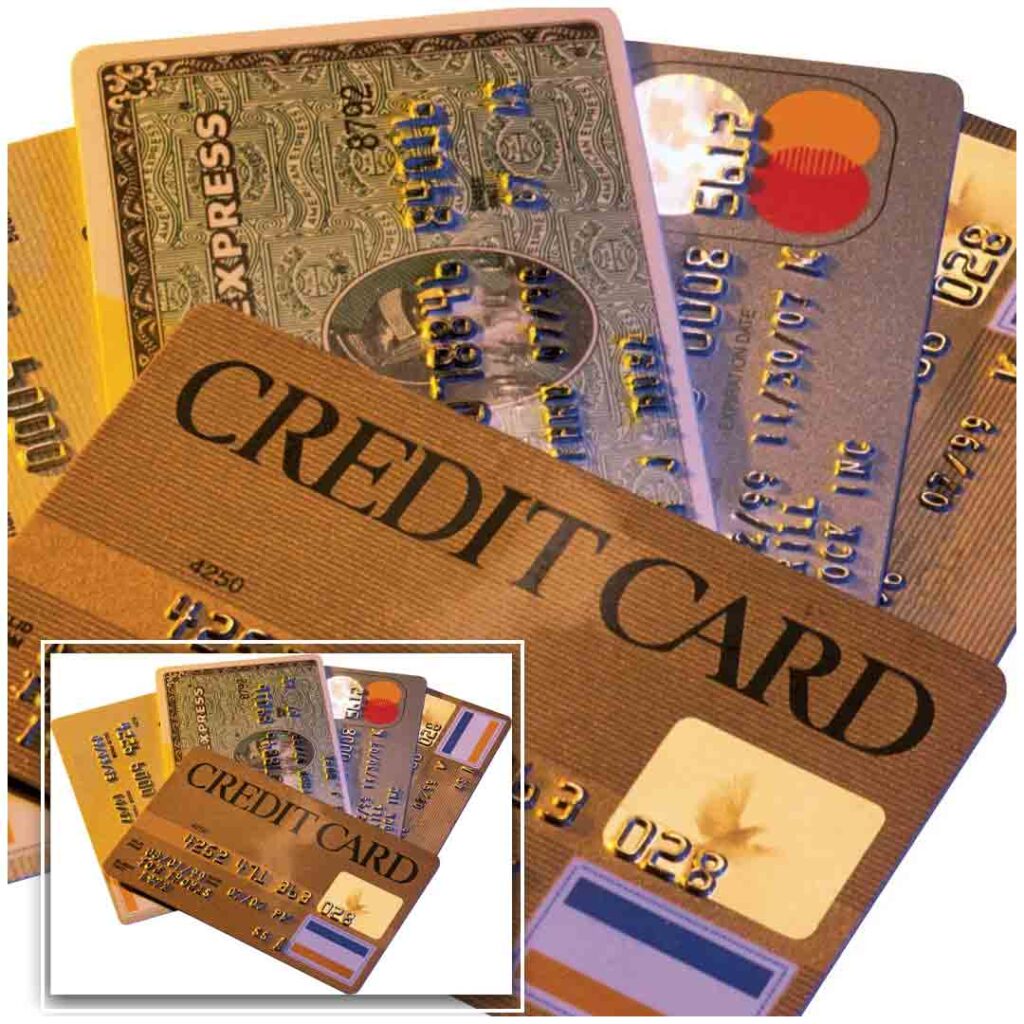In the age of digital transactions and financial convenience, it has become increasingly common for people to rely on credit cards for their day-to-day expenses. With the advent of technology, keeping meticulous records of these expenditures has become easier than ever before. However, while it may seem prudent to document every credit card transaction, there are hidden dangers in this practice that often go unnoticed. This article explores why recording credit card spendings can spell trouble for your financial well-being.

The Illusion of Control
At first glance, tracking your credit card spendings may seem like a responsible financial move. After all, it gives you a sense of control over your finances, allowing you to monitor your expenses down to the last cent. However, this illusion of control can be deceiving.
- Overanalyzing Leads to Stress: Constantly scrutinizing every purchase can lead to unnecessary stress and anxiety. Minor fluctuations in spending can cause undue concern, taking a toll on your mental health.
- Obsession with Perfection: Recording every transaction can lead to an obsession with achieving the perfect financial record. This pursuit of perfection can make you overly critical of your own spending habits, potentially leading to unrealistic expectations.
Ignoring the Bigger Picture
While focusing on the minutiae of credit card transactions, it’s easy to lose sight of the bigger financial picture.
- Neglecting Financial Goals: Excessive attention to credit card records can distract you from your broader financial goals, such as saving for emergencies, retirement, or major life expenses.
- Missing Out on Rewards: Some credit cards offer rewards and cashback programs. If you become overly cautious with your spending to maintain a pristine record, you may miss out on these benefits.
Stifling Financial Flexibility
Recording credit card spendings can also stifle your financial flexibility.
- Reduced Spontaneity: Constantly tracking and recording expenses can make you hesitant to make spontaneous, enjoyable purchases. This can hinder your ability to enjoy life’s pleasures.
- Inhibiting Investment Opportunities: Instead of putting your money to work through investments, you might feel compelled to hoard it in your account due to your preoccupation with record-keeping.
Privacy Concerns
In an era where personal data is increasingly vulnerable, meticulously recording credit card spendings can expose you to privacy risks.
- Data Breaches: Storing detailed financial records, even if it’s on a personal computer or a smartphone, can make you vulnerable to data breaches. If your records fall into the wrong hands, it could lead to identity theft or other financial crimes.
- Risk of Surveillance: In some cases, credit card companies or financial institutions might track your spending habits, potentially leading to unwanted solicitations or targeted marketing.
Unforeseen Consequences
Finally, recording credit card spendings can have unforeseen consequences that negatively impact your financial health.
- Credit Score Implications: Excessive tracking and the fear of spending can lead to underutilization of your credit, which may negatively affect your credit score.
- Missed Tax Deductions: Overly conservative spending habits may result in missed tax deductions that could have lowered your tax liability.

Conclusion
While it’s essential to be mindful of your financial situation, it’s equally important to strike a balance between vigilance and flexibility. Recording credit card spendings can indeed help you track your expenses, but it can also introduce stress, hinder your financial goals, and compromise your privacy. Instead of obsessing over every transaction, consider adopting a more holistic approach to financial management. Focus on your long-term financial well-being, and remember that sometimes, financial freedom lies in letting go of the need to control every penny spent.






















